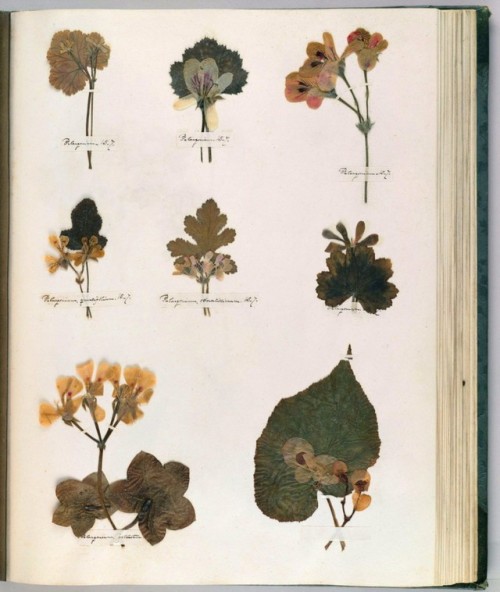Louise Glück’s poem “The Myth of Innocence”, from her poetry collection “Averno”, published in 2006, really chimes with me these days. The name of the poetry collection, Averno, comes from the lake Averno or Lake Avernus which is a lake west of Naples and in old Roman mythology it was supppose to be a place where one can enter the underworld. The poem itself deals with the myth of Persephone and her descent to the underworld. The poem deals with the themes of love, change, desire, maturing and loss, and it describes a journey, a bittersweet journey of growing up and changing, forever. In the beginning of the poem Persephone is looking at her reflection in the water and there is a “horrible mantle of daughterliness still clinging to her”, and she laments on never being alone, never being herself but always something; a daughter and then a wife. Persephone, a girl on the meadow picking flowers, is taken by Hades, the God of the Underworld, and in the underworld she eats a pomegranate and therefore she cannot leave the place. On the earth her mother Demeter is grieving the loss of her daughter and eventually Demeter and Hades reach an agreement that Persephone will spend six months on earth and six months in the underworld with Hades. The single moment of Persephone being taken by Hades changes everything, at once she has transitioned from a girl to a woman, and nothing will ever be the same for her; “The girl who disappears from the pool/ will never return. A woman will return,/ looking for the girl she was.” Simone Pignoni’s seventeenth century rendition of the theme is very beautiful and it conveys the feelings expressed in the poem well. Persephone, or Proserpine in Roman mythology, is shown as an innocent, unassuming maiden with pink and red flowers in her hair, and the dark, moody and mysterious God Hades (or Pluto in Roman mythology) is grabbing her arm and will pull her into the underworld with him in a second. She is taken and there is no going back. In vain she keeps going back to the pool to see her reflection; the girl picking flowers exists no more. Just like Persephone, these days I am haunted by a feeling that nothing will ever be the same and the change, once it has occured, can not be undone. Powerless, the only thing that remains is for me to also find a source of water and to trace the reflection of my old self there.
 Simone Pignoni, The Rape of Proserpine, 1650
Simone Pignoni, The Rape of Proserpine, 1650
The Myth of Innocence
One summer she goes into the field as usual
stopping for a bit at the pool where she often
looks at herself, to see
if she detects any changes. She sees
the same person, the horrible mantle
of daughterliness still clinging to her.
The sun seems, in the water, very close.
That’s my uncle spying again, she thinks—
everything in nature is in some way her relative.
I am never alone, she thinks,
turning the thought into a prayer.
Then death appears, like the answer to a prayer.
No one understands anymore
how beautiful he was. But Persephone remembers.
Also that he embraced her, right there,
with her uncle watching. She remembers
sunlight flashing on his bare arms.
This is the last moment she remembers clearly.
Then the dark god bore her away.
She also remembers, less clearly,
the chilling insight that from this moment
she couldn’t live without him again.
The girl who disappears from the pool
will never return. A woman will return,
looking for the girl she was.
She stands by the pool saying, from time to time,
I was abducted, but it sounds
wrong to her, nothing like what she felt.
Then she says, I was not abducted.
Then she says, I offered myself, I wanted
to escape my body. Even, sometimes,
I willed this. But ignorance
cannot will knowledge. Ignorance
wills something imagined, which it believes exists.
All the different nouns—
she says them in rotation.
Death, husband, god, stranger.
Everything sounds so simple, so conventional.
I must have been, she thinks, a simple girl.
She can’t remember herself as that person
but she keeps thinking the pool will remember
and explain to her the meaning of her prayer
so she can understand
whether it was answered or not.

Dante Gabriel Rossetti, Proserpine, 1874






